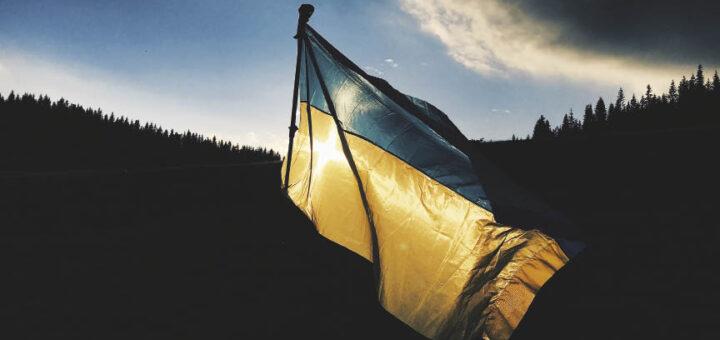Facebook is now allowing people to call for violence against soldiers present in Ukraine

By Matthew Hillier, Staff Writer
Facebook has responded to both the Russian war with Ukraine and the banning of its platform to all citizens of Russia following the invasion of Ukraine. According to Reuters, Meta, the company responsible for the development and moderation of Facebook has taken their anti-war policy a step further by allowing calls to violence against Russian soldiers.
With sanctions from governments and denial of services from massive corporations including credit card companies taking a toll on both the Russian economy and its citizens, Meta and Facebook are joining the massive economic and social attack on Russia after the platform was banned.
The Guardian reports that Meta’s decision comes after Russia unilaterally banned access to both Facebook and Twitter across the country following what the Russian government calls “false reporting” that was against the movement of troops and equipment to Ukraine before and during the conflict.
Now that the platforms are banned, Facebook has allowed concessions to their hate policy that previously was strictly and religiously enforced by Facebook’s many content bots and moderators.
These concessions allow for calls for violence against Russian soldiers in Ukraine from users in countries including but not limited to Estonia, Georgia, Hungary and even Russia even though the platform is not accessible there.
The Guardian adds that Meta is even temporarily allowing users to call for violence and death threats against certain Russian political leaders including President Vladimir Putin and Belarusian President Alexander Lukashenko. However, like most policies from Facebook, there are rules and limitations to the calls for violence against both the soldiers in Ukraine and Russian political figures.
These rules allow for “general” calls for violence so no specifics on what violence should be done to them and no call for violence against a specific group or unit for Russian soldiers. These rules also apply to political leaders. Users can’t give specifics on what violence should befall these leaders and users can’t name more than one leader or have substantial credibility behind their threat such as where these political leaders should be killed or a stated method of causing harm to these political figures.
In response to Facebook’s decision to forgo violence policies, CNET reports that The Russian Investigative Committee will be opening criminal cases against Meta for violating the Russian criminal code. This case will be heard in international court on April 2.
According to CTV, this move to forgo certain policies against violent speech is possibly in response to sueing Facebook, Twitter and various other social media applications for not deleting content that promotes, organizes or plans protests that will involve or potentially involve children. This case is still ongoing and began when prominent critic of Putin, Alexei Navalny was jailed.
This controversy comes amidst calls for Putin to be investigated for war crimes. Sajid Javid, Secretary of Health for the United Kingdom, has promised to hold the Russian president responsible for his actions.
“He will be ultimately held responsible for sure by the international court,” Javid said.
Facebook and social media have been used to great effect in the developing threat to Ukraine. Facebook and Twitter users share safe locations and local areas that supply food and water as well as the movements of Russian troops so that users may avoid those areas. Even dating apps such as Tinder are getting into the mix as Russian troops using the app were recently “catfished” by Ukrainian women who gave critical intel to Ukrainian troops that were supplied unknowingly by Russian troops who were using the app during an active invasion.
Case in point, 20-year-old Ukrainian TikTok star Marta Vasyuta is updating the world on the war through the viral video-sharing app. Her videos have had over 15 million views and share the realities of war. They showcase footage of cities on fire from Russian bombings and the aftermath of such devaestation.
According to BBC News, Vasyuta had found these videos on the popular local messaging app Telegram. By scrolling through the Ukrainian channels, she found videos of the havoc inflicted on her country and wanted to share them with the world.
“I just want people to understand that Ukraine is not only a problem of Ukrainians, it’s everyone’s problem,” Vasyuta told BBC News.
While it’s unclear how widespread these messages will be and even more unclear what the intentions are from Meta, Russia likely will not have anything nice to say regarding these change.



